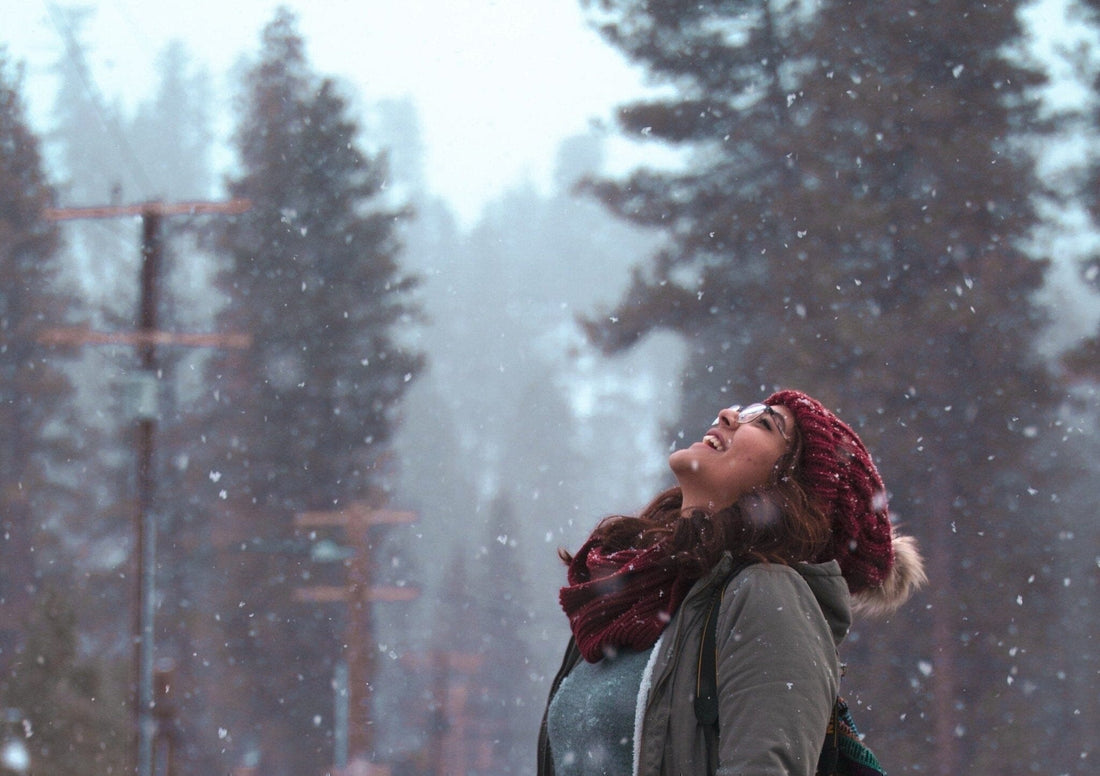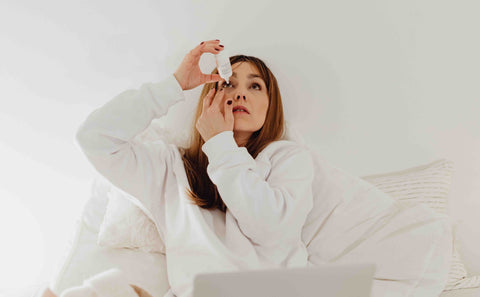
Common eye problems during winter and how to solve them
Share

Do your eyes ever itch or feel dry when the temperatures drop? Did you know there could be a few reasons for this related to the change in weather? Our in house optometrist Dr. Henry breaks down the affects the winter season can have on our eyes and how we can solve them.
"A reduction in temperature outdoors makes our eyes vulnerable to a number of problems. This is because cold weather affects the eyes in different ways. Eye problems may be due to direct exposure to cold, poor blood flow and low ocular moisture. Be on the lookout for these common eye conditions this winter and hopefully, you will comfortably enjoy the season without any nuisance."
Let us dive into four common eye conditions during the winter season:
Dry Eyes
When the weather is cold and windy, your eyes can dry quite quickly when you are outside. But that’s not the only thing to look out for when it comes to dry eyes. Heaters that warm up your home can also dry out the eyes. So you have to be careful indoors as well.
Many people with dry eyes find it gets worse when reading or using a computer. This is because we blink less when we are doing anything that needs a lot of visual attention. It is advised to blink often during this period. Hydrating your eyes with lubricants has proven to be very helpful as well. Ask your optometrist or pharmacist whether lubricating eye drops may be helpful for you.

Itchy Eyes
Cold weather during the winter season may also make your eyes itchy. It can often reach a point where it hampers your vision and you find yourself unable to concentrate on work or anything else.

As your eyes are unquestionably at a greater risk of becoming itchy during the winters, it is wise you take steps to keep them hydrated. You can do so by investing in some nourishing and hydrating eye drops that will help relieve the itchiness. It’s advised to see your eye doctor or a pharmacist to recommend suitable eye drops to help alleviate the discomfort.

Light Sensitivity
In winters, the sun tends to be lower in the sky and this can make it difficult to see and drive. Light sensitivity can cause you to squint or shut your eyes when the sun hits your eyes which can be extremely dangerous, especially while driving. Also, vulnerability to UV light is amplified in the winter due to the sun’s reflection on snow.
If you are outdoors on a cold day, wear sunglasses to protect your eyes from the harsh sunlight and the drying effects of the wind.

Fatigued Eyes
As we know, during winter the days are shorter and the nights are longer. This means there is less natural light throughout the day which can make simple functions more difficult, for example reading and writing. Straining your eyes to see in lower visibility can cause eyestrain, making your eyes feel tired quicker.
To avoid eye strain, keep a lamp close to your workstation and wear blue light blocking glasses to see well and keep the harmful blue light away."

We hope you are able to implement these tips to protect your eyes during the cold winter season. Continue to enjoy the holidays.
Written by Optometrist Dr. Henry
